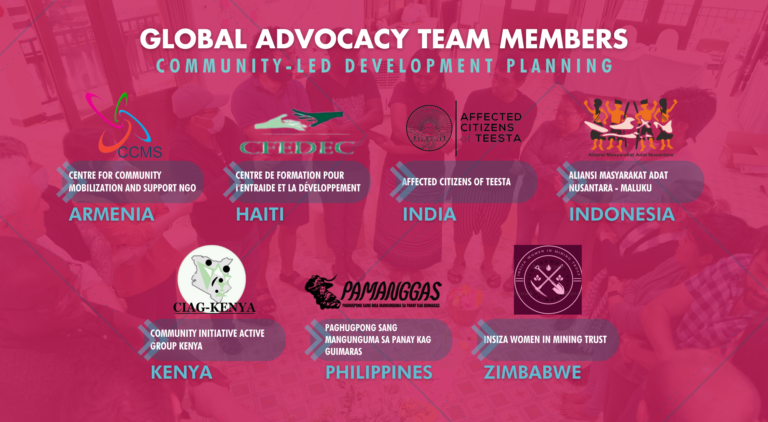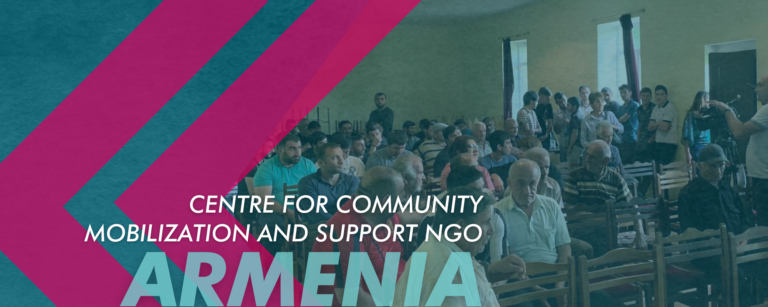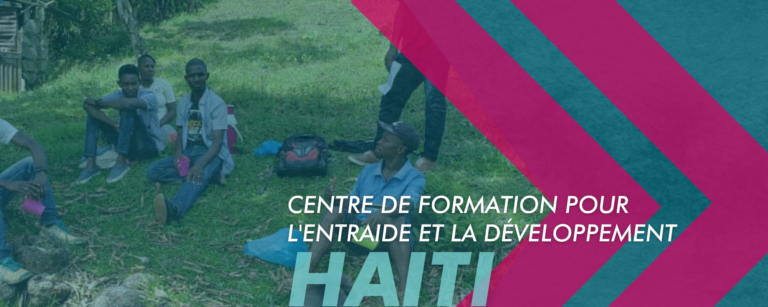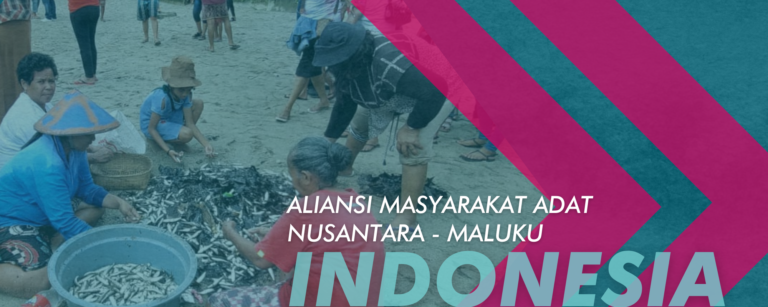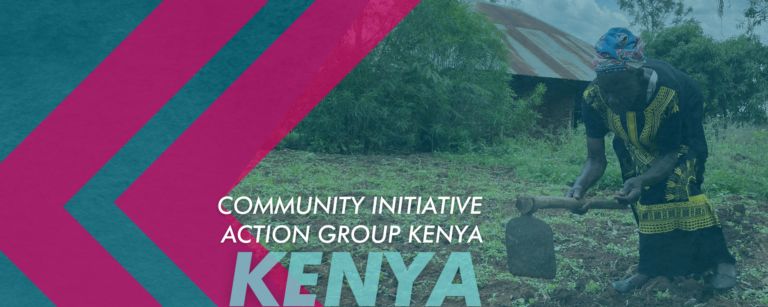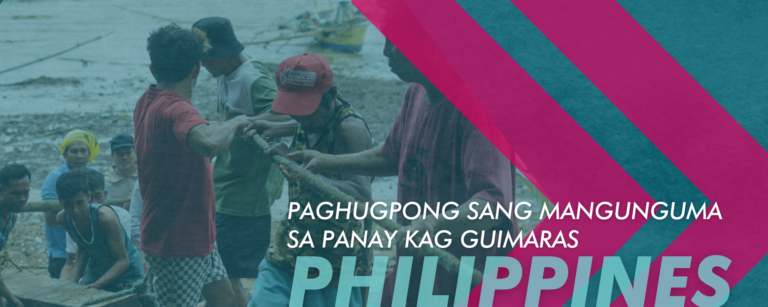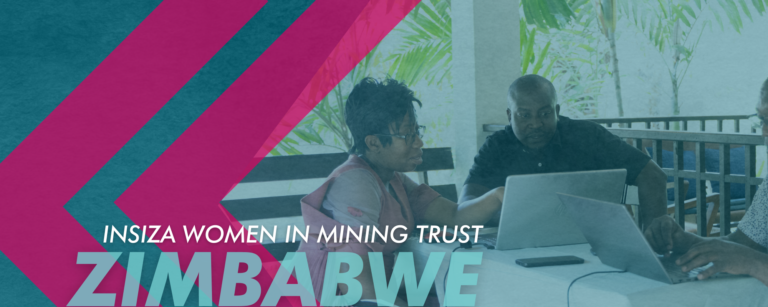The International Accountability Project (IAP), the Global Advocacy Team Advisory Group and partners welcome 7 new members from 7 countries who will champion community-led development planning in their communities and around the world.
* This announcement is also available in Filipino, French, Indonesian, Russian and Spanish. For other languages, use the Google Language in the header of this page.
This, the second iteration of the Global Advocacy Team, is a result of a collective commitment to strengthen community-led development planning around the world. As a collectively designed initiative, we are proud to gather 7 incredible community organizers and activists from 7 countries – Armenia, Haiti, India, Indonesia, Kenya, Philippines, and Zimbabwe.
Together, our work will lead to:
-
strengthened community-led development plans for each Global Advocacy Team member;
-
local and international advocacy to encourage community-led development as a preferred model;
-
a collectively written report and global recommendations based on community-led research; and
-
accessible training materials on community-led development planning, which will be distributed globally in multiple languages.
The Global Advocacy Team is a co-created and collectively-led initiative. To design the initiative, from March through July 2021, IAP hosted 5 regional and 2 international Expert Meetings with 46 organizations in 25 countries. The expert participants contributed their insights to confirm the goals, objectives and activities and also elected 6 people among them, the Global Advocacy Team Advisory Group, to advise the Global Advocacy Team initiative over the next 2 years. You can read more about this process and meet the Global Advocacy Team Advisory Group in the Expert Meetings Report.
With the co-created design, then, the quest for individuals and collectives who would take part in this global initiative was exciting and challenging. From the beginning accessibility was prioritized. A call for applications was distributed in October 2021 across IAP’s international network of partners. To find the best candidates, applications could be submitted in any language through several accessible methods. The selection process to find 7 members was incredibly competitive after receiving a total of 112 applications from 46 countries.
The selection committee – led by Global Advocacy Team Advisory Group and including IAP staff – reviewed all the applications by regions and languages until a shortlist of 30 candidates was named. These candidates were invited to an interview to deep dive into their community work and explore how this initiative would benefit their community and organization. Likewise, the conversations also provided a space to reflect on how their individual work could turn into a collective effort, among the eventual 7 members.
The Global Advocacy Team Advisory Group – again elected by participants of the Expert Group meetings and composed of 6 seasoned community organizers and activists – will provide strategic advice, support, and guidance to the Global Advocacy Team members.
I would say the GAT program spearheaded by IAP is a great program to ensure that development is people-focused unlike parachuting development to the people which has proved to harm people and environment for such kind of development [that is] profit-focused rather than people.” – Maurice Odhiambo, Kenya, GAT Advisory Group member


